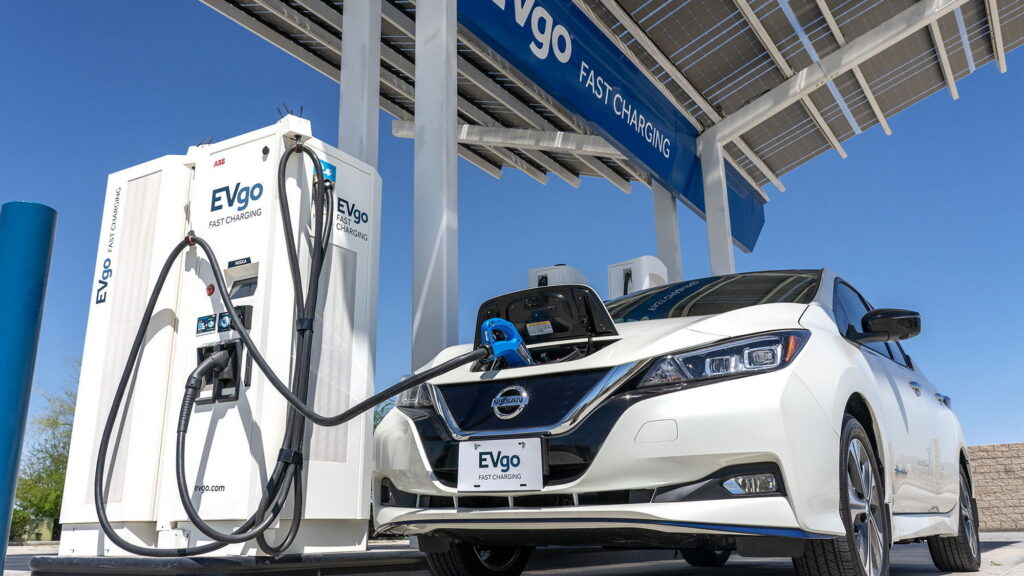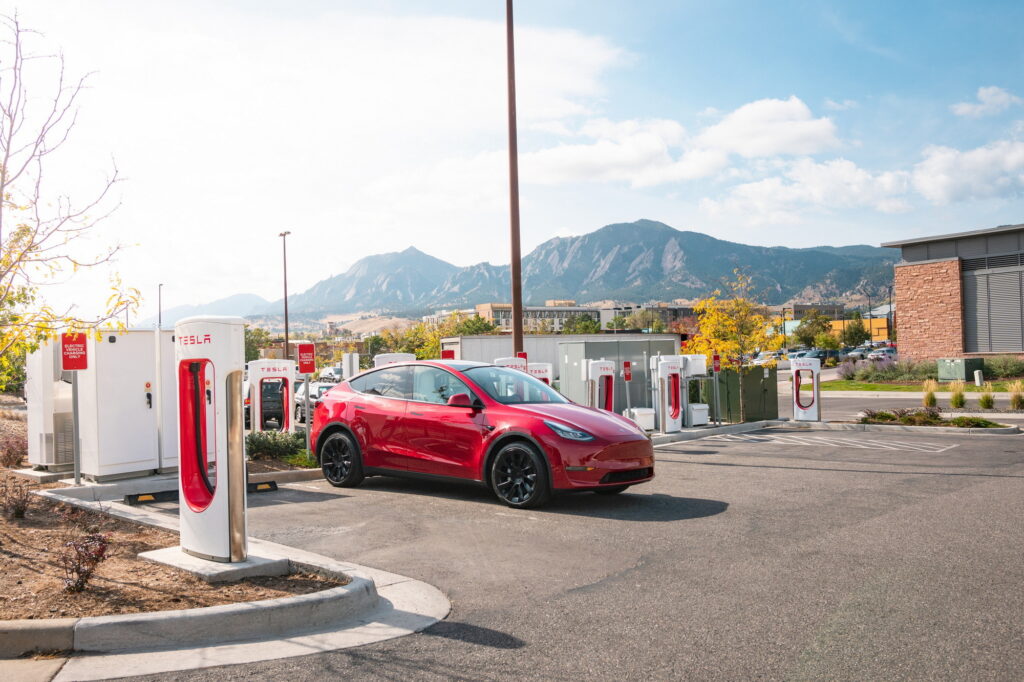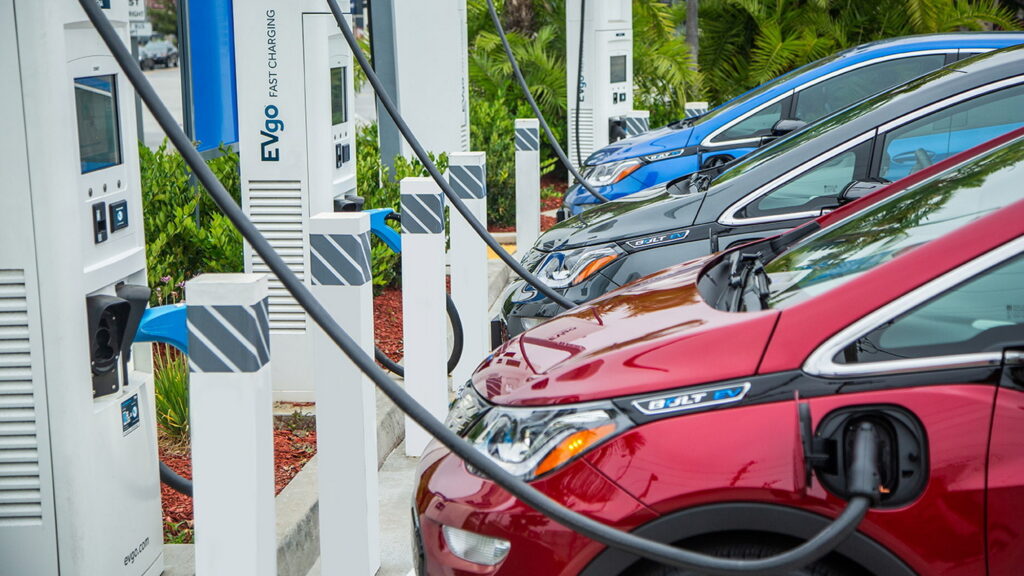The U.S. government is offering $7.5 billion in incentives for companies to establish fast charging stations across the country. However, to qualify for funding, companies must comply with a Buy American requirement, which mandates that 55% of the components (by cost) are sourced from American suppliers and that the chargers are assembled within the country by 2024.
Industry sources have told Reuters that this could lead to a slowdown in production and a mad rush to meet the sourcing rules, which some claim could lead to a short-term slowdown in the rollout of EV charging infrastructure.
XCharge, for instance, is one of the biggest sellers of EV fast chargers in Europe, but it sources its chargers from China. It is now expanding in America, but its co-founder, Aatish Patel, said that it typically takes 12–18 months to move production from one country to another. It is accelerating the establishment of a U.S. facility, but that could drive up costs by 25-30 percent, according to Patel’s estimates.
Critics of the White House’s rules say that they put a wrench in many companies’ plans and could slow the rollout of charging infrastructure. That has been a particular concern for the EV industry because the USA’s charging infrastructure is currently quite shoddy.
Read: U.S. Must Quadruple Number of EV Charging Stations By 2025, Report Claims

The White House’s rollout plan is set up in stages with the first $1.25 billion earmarked for fast-chargers along highways. The administration expects that there will be sufficient chargers to meet the “limited” initial demand.
Companies can apply for deferrals, but it’s uncertain whether their requests will be granted. EVGo, which sources its chargers from South Korea’s SK Signet, is asking for a deferral as it plans to open a factory in Texas, but the plant won’t be operating at full capacity until 2026.
One company that has been outperforming its rivals, in terms of charger quality and performance, is Tesla. With a plant already set up in Buffalo, as well as plans to open its network to other vehicles, the automaker looks set to flourish under the rules.
However, other companies’ share prices have declined as they grapple with the realities of the made in America rules. Some investors believe that this is only a temporary obstacle that will enhance the value of successful companies.





